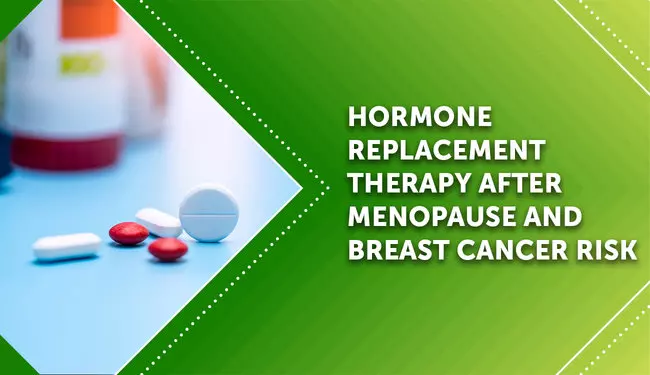When it comes to health concerns, many women tend to put their own needs last—especially when the issue is gynaecological pain. Whether it’s persistent cramps, pelvic discomfort, or unusual bleeding, it’s all too common for these symptoms to be dismissed as “normal” or not serious enough to warrant medical attention. The first step in breaking this pattern is finding a gynaecologist near me who listens, understands, and takes your pain seriously.
Unfortunately, many women grow up believing that pain is simply part of being female. From period cramps to painful intercourse, society has normalised discomfort in ways that make it hard to know when to seek help. But ongoing or severe gynaecological pain is not something to accept. It’s a sign your body is trying to tell you something—and you deserve support.
Why Gynaecological Pain Is Often Overlooked
There are several reasons why gynaecological pain often goes under the radar. Social stigma plays a huge role—many women feel embarrassed to talk openly about intimate health issues. There’s also a lack of education around what constitutes “normal” pain. For example, while mild menstrual cramps are common, pain that interferes with daily life might indicate conditions like endometriosis or fibroids.
On top of that, studies have shown that women’s pain is frequently minimised in medical settings. Some women report feeling dismissed or told their symptoms are psychological. This can lead to delays in diagnosis and treatment, making conditions worse over time.
Listening to Your Body: Knowing When to Seek Help
Pain is your body’s way of alerting you to a problem. If you’re experiencing symptoms like:
- Severe or prolonged pelvic pain
- Painful intercourse
- Heavy or irregular periods
- Pain during urination or bowel movements
- Chronic fatigue paired with abdominal discomfort
…it’s time to take action.
Don’t wait until symptoms become unbearable. A quick search for a female gynaecologist near me can help you find a local expert who specialises in women’s health and can offer a proper diagnosis and treatment plan.
What to Expect from a Gynaecologist Visit
Many women put off seeing a specialist out of fear or uncertainty. But visiting a gynaecologist doesn’t have to be intimidating. Your appointment will likely begin with a conversation about your medical history and symptoms. Depending on your concerns, your gynaecologist may perform a pelvic exam, request imaging (like an ultrasound), or order lab tests to get a clearer picture of what’s happening.
A good gynaecologist will make you feel heard, respected, and informed. If your current provider isn’t taking your pain seriously, it may be time to look for a trusted gynaecologist near me who will.
Advocating for Your Health
One of the most powerful things you can do is advocate for yourself. If something doesn’t feel right, don’t be afraid to speak up—again and again if necessary. Bring a list of symptoms to your appointments, ask questions, and don’t settle for vague explanations.
Consider keeping a symptom diary that tracks your pain levels, menstrual cycle, and other symptoms. This can provide valuable information to your doctor and help in making an accurate diagnosis.
Final Thought
Gynaecological pain is not something you should have to live with in silence. It’s time to stop minimising your discomfort and start prioritising your well-being. The good news is that help is available and could be closer than you think. A quick search for a gynaecologist near me could be the first step toward understanding your body, getting the care you need, and living a more comfortable life.




